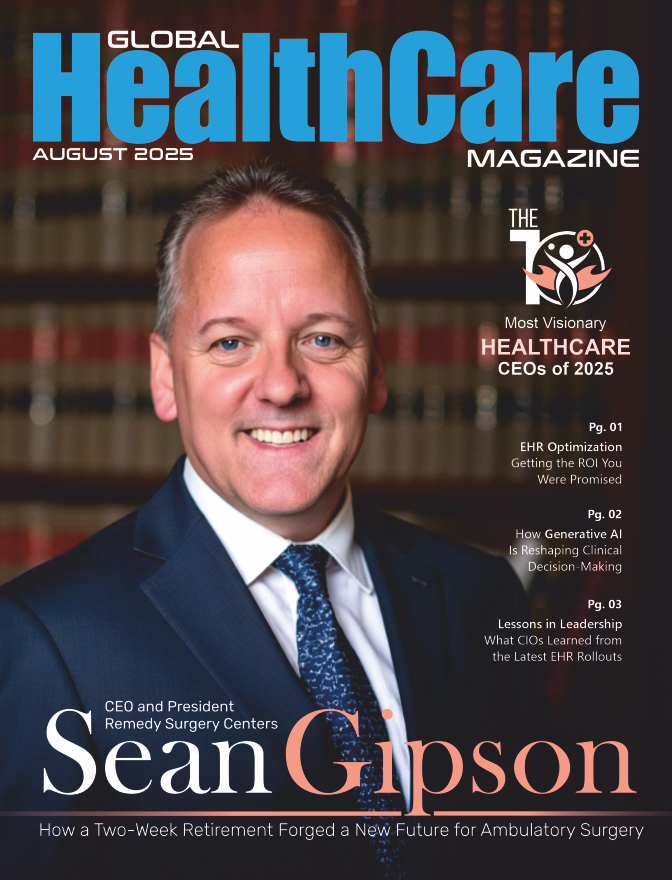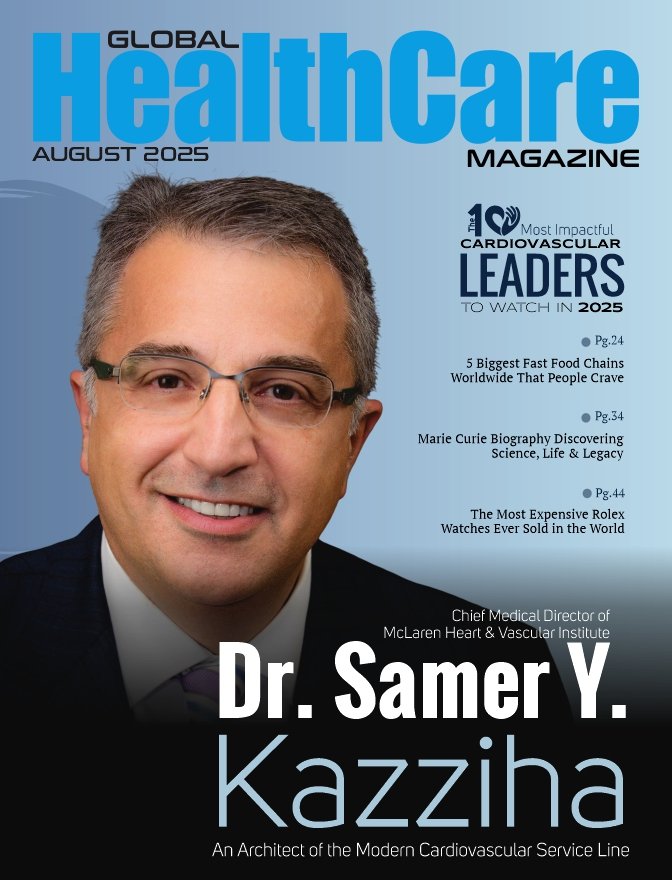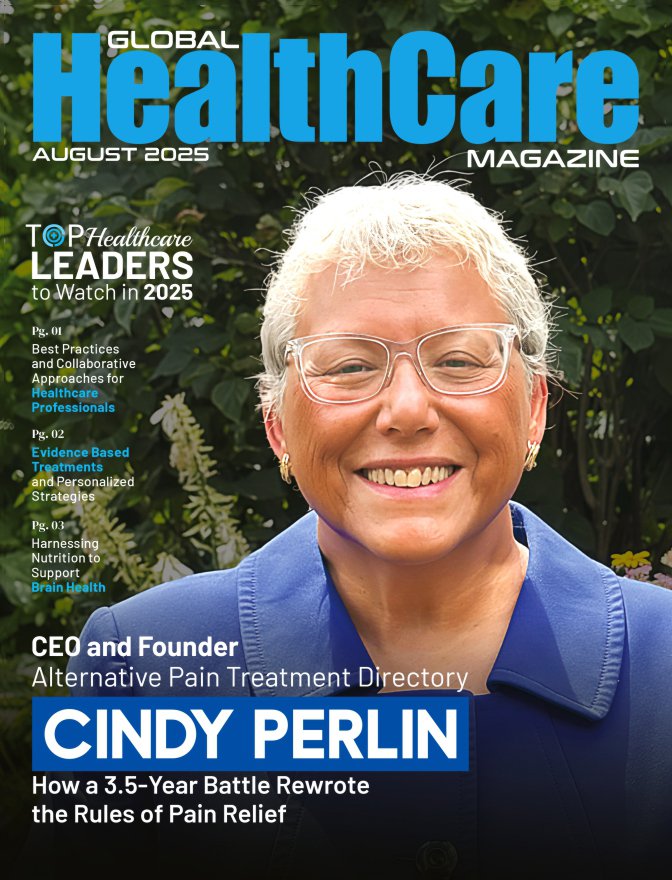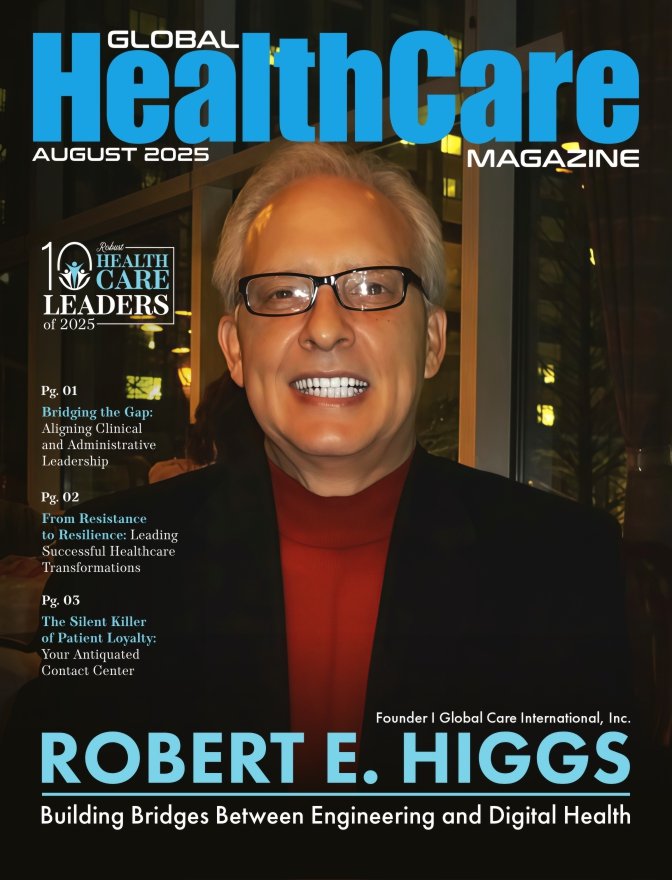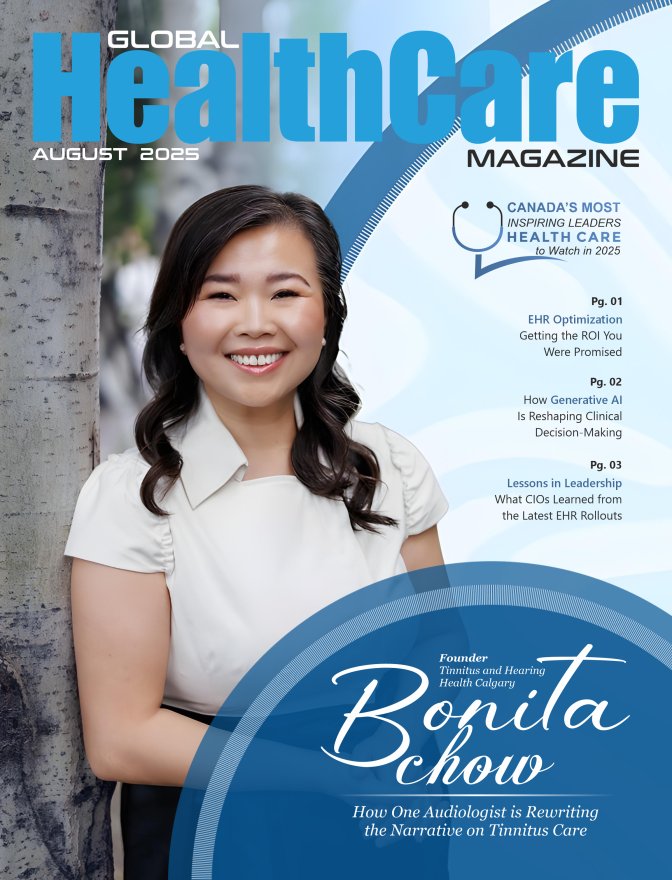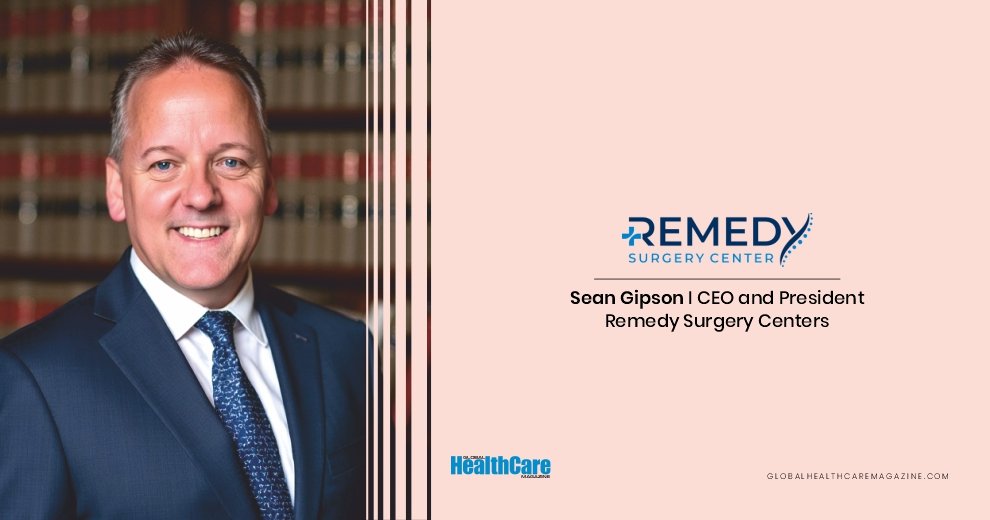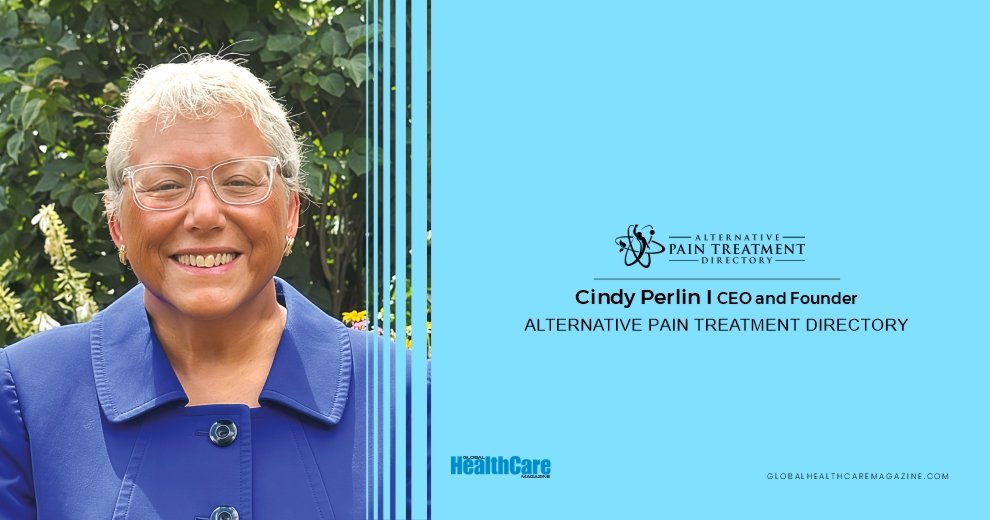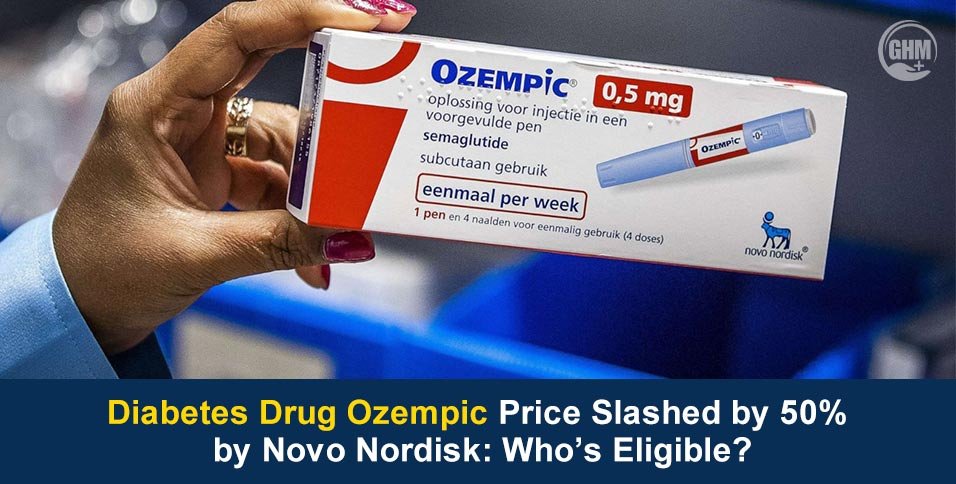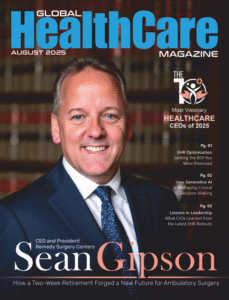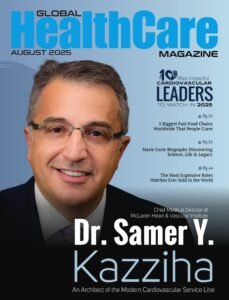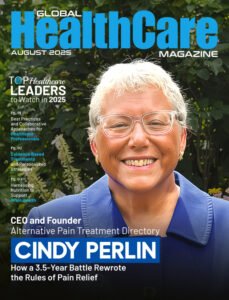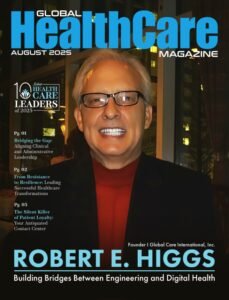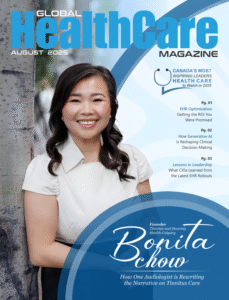Howard Rosen stands in a peculiar position. He leads Nova Insights, a firm dedicated to digital transformation in healthcare, yet he approaches the field from a background far removed from typical Silicon Valley trajectories or medical school lecture halls. His journey, from film and television producer to inventor and strategist, reveals a deep, almost stubborn, belief: technology enables, but humanity heals. He does not just build platforms; he seeks to bridge the chasm between cold code and the messy, human experience of illness and recovery.
Rosen defines success not merely by revenue or market share. He measures it by the fulfillment of a mission. This mission, he states, often receives pushback from skeptics, a pushback he welcomes. It compels him, he explains, to create not just business good, but societal good, and personal good. “If we are going to be here for 70 – 80 years,” he reflects, “why not make the best of it and for others who follow?” This outlook frames his every endeavor.
The Genesis of a New Vision
Rosen’s career arc defies easy categorization. He started as a film and television producer. Then, in 2005, an accidental convergence of projects—one on diabetes education, another on mobile device promotion—triggered a profound insight. He learned Type II Diabetes often prevented, yet existing solutions pushed people away from managing it. Simultaneously, he saw the burgeoning potential of cell phones. He realized these devices, capable of telling us the weather, might also become a vital link between disease management and people’s daily lives.
This insight sparked an obsession. It led to the creation of LifeWIRE, a cloud-based solution that transformed communication between patients and providers. For this invention, Rosen received eight patents. He points to being chosen as a Rockefeller Foundation Top 100 Next Century Innovator as a particularly wild recognition. Despite these achievements, he maintains he has not yet achieved all he has dreamed of. This sentiment reveals a driving force: a relentless pursuit of an ideal.
Confronting Resistance: The “Challenge Accepted” Mindset
Rosen views challenges as opportunities for growth. They force creativity, he argues, and build strength. When obstacles appear, he considers them chances to find innovative solutions. He holds a firm belief: the more an idea receives push-back, the more likely you are onto something. He identifies the hardest part as moving forward against that resistance, learning to trust one’s instincts on when to push and when to listen. This contrarian spirit defines his approach to innovation.
Nova Insights, his third venture, draws directly from this philosophy. His first two ventures—film and television production, then LifeWIRE—laid the groundwork for what he does now. He describes his current work as “Humanizing Digital Transformation.” He applies his experience from LifeWIRE, understanding what worked and what failed in implementing HealthIT. He looks back to his first career, incorporating that perspective to help companies see the human side of technology. He coaches them to consider the entire ecosystem of customers, both inside and outside the organization or health system. McKinsey reports indicate only 25% of digital transformations succeed, and a mere 4% to 11% in healthcare. This context frames Rosen’s mission. He seeks to change those odds.
Building Solutions, Nurturing Teams
As CEO of Nova Insights, Rosen defines himself as tenacious and quixotic. Before Nova Insights, and after his film and television career, he served as CEO and Founder of LifeWIRE. He built that company from a solo endeavor into an operation spanning the US and Canada, serving both public and private sectors, military and civilian clients. This journey shaped his understanding of scaling solutions.
At Nova Insights, Rosen advises cross-functional stakeholders. He guides them on how to capitalize on opportunities to advance product value and awareness. He helps them develop product features that improve market penetration. He promotes clinical product and service offerings for use by end customers, including healthcare patients, providers, and practitioners. He coordinates customer-facing business and technology analysis engagements. These engagements, he explains, determine opportunities to develop high-value products according to the immediate and evolving needs of major customer accounts. He manages product development lifecycles to ensure the efficient creation and release of products that generate significant revenue and build high levels of customer trust and satisfaction. He prioritizes multiple consulting and product development projects, strategically positioning operations and technology resources according to rapidly changing business goals and market demands. This involves a constant calibration, a dynamic response to the shifting ground of the healthcare industry.
The Future: Access, Care, and Human Flourishing
Nova Insights moves on an upward trajectory. “The best health service,” Rosen states, “provides insights and paths that lead to patients gaining access and care on their terms. It also allows clinicians, providers, and care workers to work at their best level, not just be satisfied to be good enough.” This statement captures the core of his vision: not just efficiency, but human flourishing within the healthcare system.
He maintains a balance between his personal and professional life. He engages in outside activities during the day. He plays the guitar and walks his dog. He encourages everyone else to find ways to break from the “trance of work” to allow the mind to rest and process. These habits, he implies, are not indulgences but critical elements for sustained creative thought and effective leadership.
His message to aspiring leaders echoes his own journey: the more an idea receives push-back, the more likely you are onto something. The hardest part, he reiterates, lies in moving forward against that resistance, learning to trust your instincts on both when to push and when to listen. Howard Rosen, the contrarian, continues to push. He listens. He builds. He seeks to prove that in the complex, often impersonal world of healthcare technology, humanity can indeed heal.


